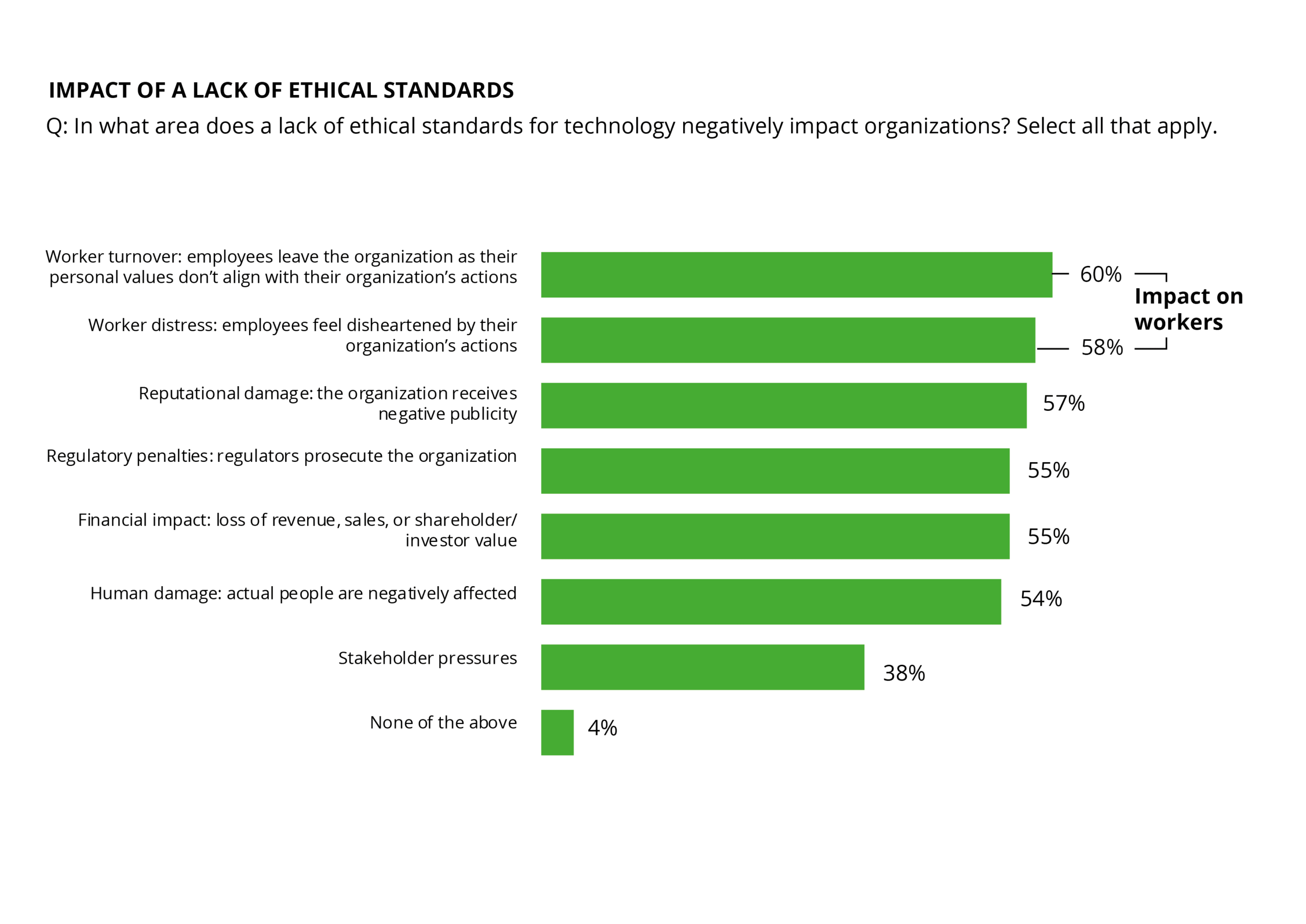Executives recognize the greatest risk of operating without ethical tech standards can have widespread negative impacts, particularly on their people, according to a survey by Deloitte, the global consulting and financial company.
Deloitte is releasing its Ethics & Trust in Technology Survey today, and this year’s survey reveals unique insight into how ethics are top of mind for enterprise executives, and how organizations struggle with alignment on who should be responsible for developing standards.

Unlock premium content and VIP community perks with GB M A X!
Join now to enjoy our free and premium membership perks.
![]()

![]()